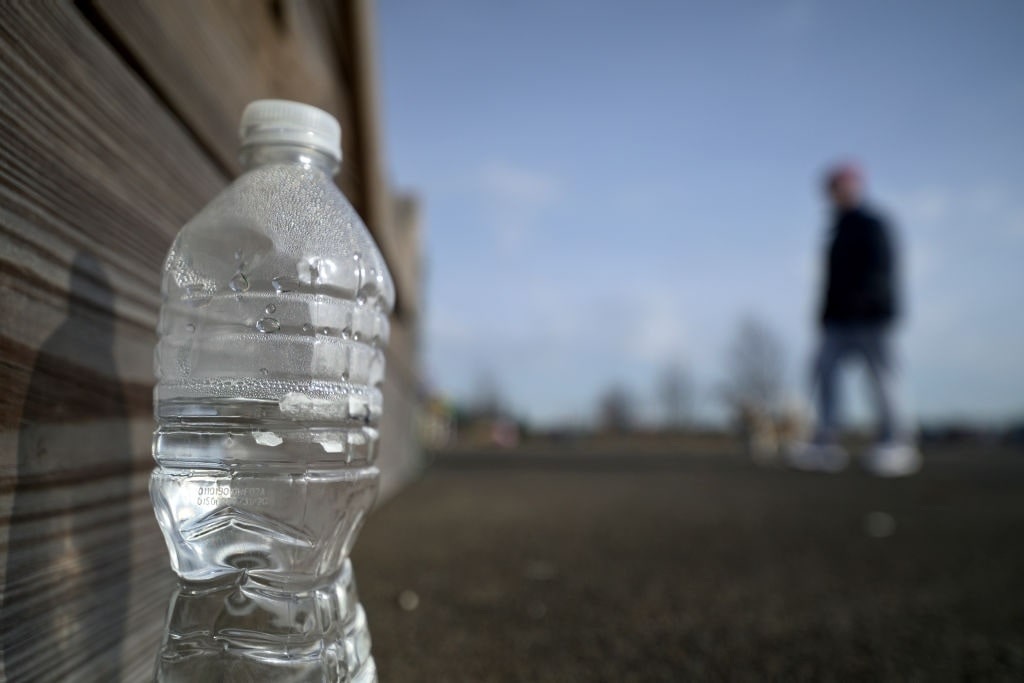


New revelations about the ubiquitous presence of microplastics in food, water, clothing, and even the air we breathe have led to greater awareness and studies of possible deleterious health effects. While researchers and scientific experts investigate how these microscopic particles adversely impact our brains, breathing, and bodies, there are numerous initiatives consumers can employ to reduce exposure.
Recent years have brought humanity’s attention to invisible bat viruses; focus has now shifted to invisible microplastics, which are created and distributed in thousands of products. The oceans are full of them. They are blown onto the tops of the world’s highest mountains. They percolate into groundwater.
Scientists have alerted us that microplastics present an omnipresent threat to fertility, breathing, mental processes (causing dementia), and risks of heart attack and stroke. They may increase the risk of cancer and cause inflammation, oxidative stress, digestive impairment, and compromised immune function. They collect in the lungs, arteries, reproductive organs, and the brain. They exist in thousands of forms, sizes, and toxicities.
It is sensible, then, to reduce or avoid exposure to microplastics wherever possible. Low-hanging behavior changes are available in food choices, water and other drinking selections, cooking methods, clothing options, and beauty cosmetics.
Non-stick Teflon frying pans are best avoided, as is cooking in a microwave using plastic containers or packaging – use glass. Glass or metal drinking containers are preferable for drinking water, which should be filtered to reduce microplastics in the municipal supply. Take-out food is a no-no, as plasticizers (phthalates) are present at much higher levels in fast foods, aggravated by processing, packaging, and handling that increase exposures to microplastics – those plastic gloves worn by servers are an additional source. Buy vegetables in (preferably BPA-free) tin cans or fresh: avoid plastic bags in fresh or frozen vegetable purchases.

Buying organic local foods reduces exposure to microplastics used in processing, packaging, and transporting. The closer a consumer is to their farmer, the further away they are from plastic exposure. Buy in bulk using cloth or paper bags, then store food in paper or glass. Organic foods will also be lower in pesticide and other chemical residues that likely interact adversely with microplastics and other artificial additives not found in nature.
It isn’t just water that comes in plastic bottles: Soft drinks (if you must) are better consumed in metal or glass bottles than single-use plastic. Favor loose-leaf or paper-packaged teas and tea bags. Avoid plastic packaging such as single-serving food offerings. Drink from cardboard or metal straws.
Liberty Nation depends on the support of our readers. Donate now!
Vacuum residential areas regularly using a HEPA filter to eliminate microplastics from the air you breathe. Read cosmetic and other labels to avoid microbeads: ingredients such as “polyethylene” and “acrylates polymers” should be shunned. Buy organic cosmetics. Invest in a high-quality water filter system, especially if dependent on urban water supplies.
Microplastics cannot be avoided altogether, but exposure can be drastically limited – and manufacturers are already seeking ways to appease understandably concerned customers. In the interim, no one has the luxury to avoid these frightening, unseen particles by living in a plastic bubble – nor would they want to nowadays.

